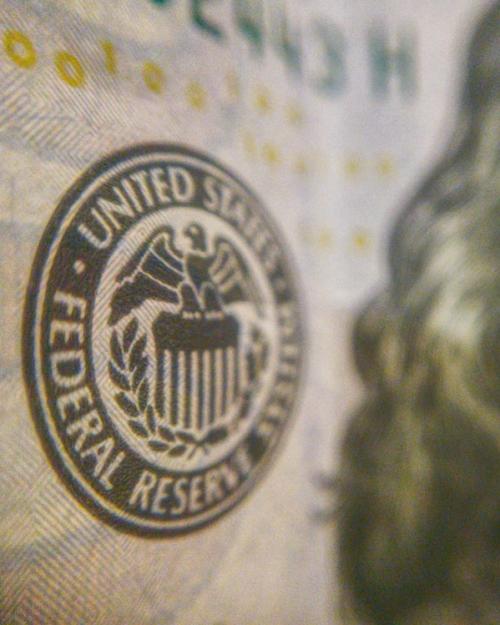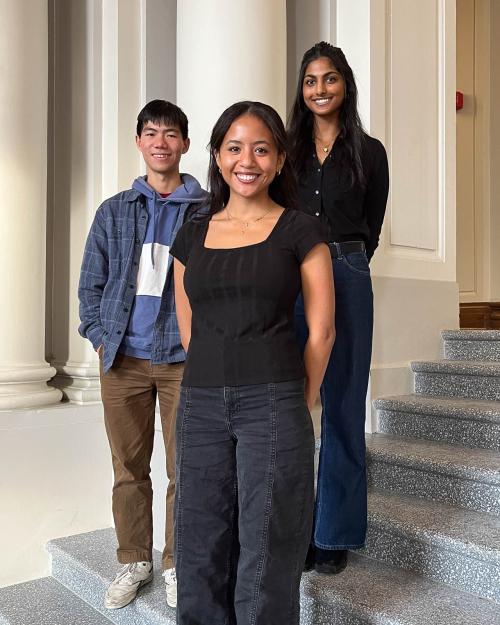How can policy makers better use data to make decisions? With a National Science Foundation (NSF) Grant, three Cornell economists in the College of Arts and Sciences (A&S) will develop innovative methods for data-driven policy choices.
Jörg Stoye, professor of economics, Chen Qiu, assistant professor of economics, and Jose Luis Montiel Olea, associate professor of economics and Fellow of Cornell’s Center for Data Science in Enterprise and Society, will receive an award of more than $500,000 for their 2023-2026 project, “Mostly Harmless Statistical Decision Theory.”
The researchers will use the framework of Statistical Decision Theory, the science of making optimal decisions in the face of uncertainty, to develop new decision rules that can be used to make policy choices – scaling job training programs, for example – in complicated but realistic situations.
“Intellectually, the project contributes to our understanding of how policy makers could and should use data to make better decisions,” Stoye said. “Pragmatically, we are especially keen to involve undergraduate students in this research.”
Undergraduate researchers will contribute to extensive coding and numerical analysis in coordination with a supervising graduate student, an opportunity particularly useful, Stoye said, for undergraduates considering graduate school.
Their project title references the 2009 textbook “Mostly Harmless Econometrics” by Joshua Angrist and Jörn-Steffen Pischke, which is itself a reference to Douglas Adams’ science fiction “The Hitchhiker’s Guide to the Galaxy.” Angrist and Pischke’s book is the foundational text for a recent, influential movement in empirical work that looks for as-if experimental variation in data to glean causal conclusions from observational studies, Stoye said.
This movement toward improved reliability in empirical economics through a focus on the quality of research design and the use of more experimental and quasi experimental methods, known in economics as the “credibility revolution,” was recognized in the 2021 Nobel Prize in economics co-won by Angrist, but there has been recent controversy about some causal claims made in the school of thought. “We’re not sure that the causal interpretations are always that clear-cut,” Stoye said.





